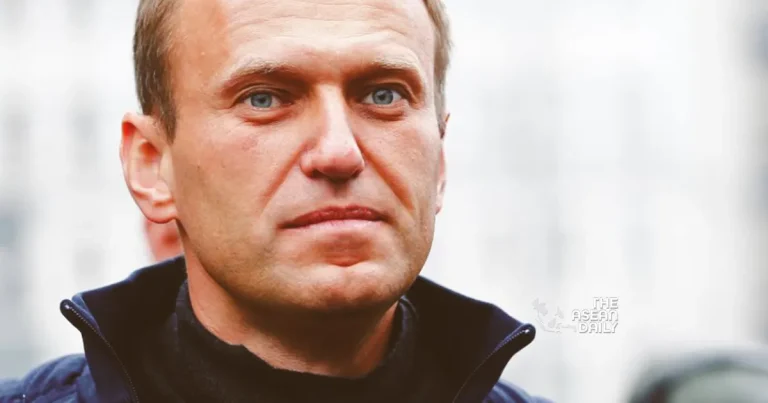18-2-2024 (MOSCOW) In the aftermath of Russian opposition leader Alexei Navalny’s death in an Arctic prison, his supporters are accusing Russian authorities of concealing foul play by refusing to release his body. The 47-year-old Kremlin critic’s demise has led to global condemnation and accusations against the Kremlin, jeopardizing the opposition’s figurehead just before crucial elections.
Navalny’s mother and lawyer were denied access to his body at the Siberian prison colony, where he spent more than three years. His supporters claim that withholding the body is an attempt to cover up the circumstances of his death and prevent any revelation of the methods used. The accusations are the strongest yet, suggesting foul play in Navalny’s demise.
Russian police swiftly dispersed small protests across the country, arresting over 400 people in 36 cities. Despite the global outcry and blame on the Kremlin for Navalny’s death, there has been no official response from the Kremlin. The G7 foreign ministers held a minute’s silence, and US President Joe Biden explicitly blamed President Vladimir Putin for Navalny’s death.
Navalny’s wife, Yulia Navalnaya, declared that Putin and his entourage would be punished for their actions. The international community was urged to unite against the “evil, terrifying regime” in Russia. Russian Nobel Peace Prize winner Dmitry Muratov labeled Navalny’s death as “murder” and highlighted the alleged torture during his three years in prison.
Protests and tributes continued worldwide, with supporters condemning Putin’s regime. Navalny’s death leaves a void in Russia’s opposition, and the Kremlin’s silence adds to the suspicions surrounding the circumstances leading to his demise.
Navalny, known for his anti-corruption campaigns and charismatic leadership, gained global recognition. His return to Russia after recovering from a poisoning attack led to imprisonment and sparked large-scale protests. Despite facing a 19-year sentence and challenges to his organization, Navalny remained a resilient opponent of the Kremlin’s actions both within Russia and abroad.




